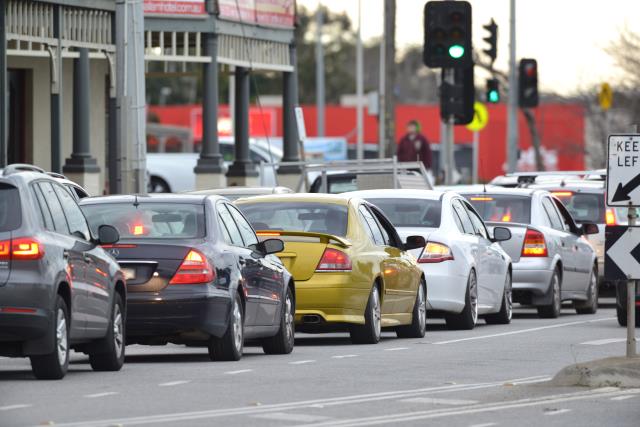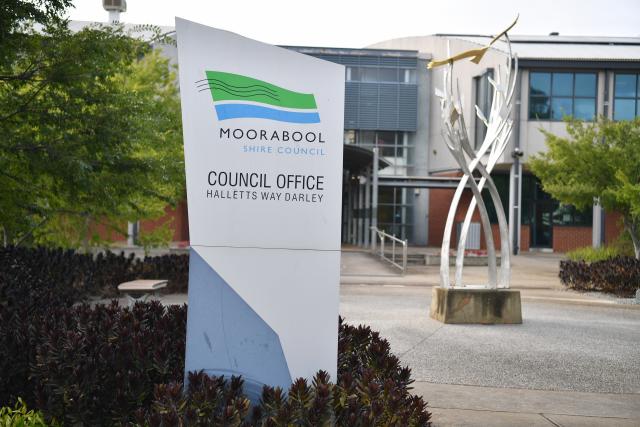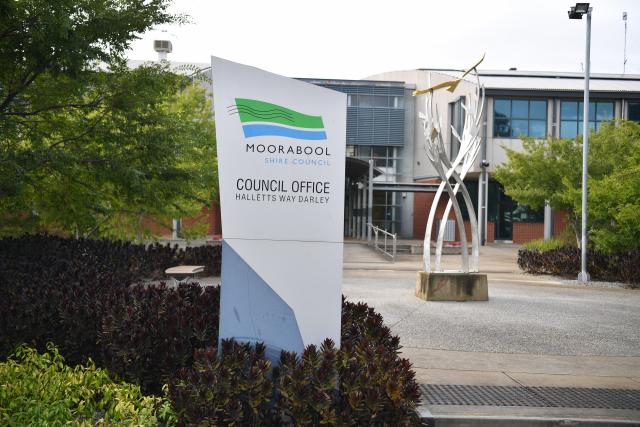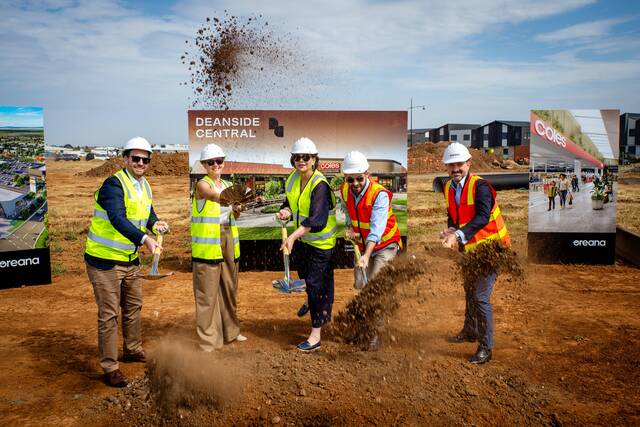Half of workers in the western suburbs are commuting outside of the region for work while local employers struggle to find skilled staff, according to new research from Victoria University (VU).
The Centre for International Research on Education Systems at the Mitchell Institute has released a report highlighting the mismatch between skills and jobs in the west, exploring the needs of the region’s industry based on surveys and interviews with 700 employers.
According to the report, economic modelling showed that the region’s high commuting rates will continue over the next decade unless an estimated 19,500 new local jobs are created, in order to maintain the current rate.
According to Melton council, 73 per cent of the municipality’s population travel elsewhere for work every day, a rate significantly higher than the average for the western suburbs.
Victoria University research fellow Dr Melissa Tham said the high number of commuters would continue to be an issue into the future.
“There is this added impetus for more focus on local jobs in the west compared to other areas around Melbourne, just because there is such a huge population boom that is forecasted to accelerate in the next ten years,” she said.
Dr Tham said the recommendation made by the report was to build upon existing structures to create more jobs.
“We’re not suggesting that we have to completely reinvent the west or anything like that,
“Our approach, which is based on evidence, is to boost the number of local jobs in a particular area by just adding on to existing infrastructure,” Dr Tham said.
West of Melbourne Economic Development Alliance chair Professor Peter Dawkins said the research had revealed a “paradox”, as the local industry needed skilled workers but many workers were commuting elsewhere.
“Better matching the skills of people to the work opportunities in the west will be key to greater future prosperity,” Professor Dawkins said.
“Much more than simply money, prosperity is more time for wellbeing, social connection and community connection.”

















